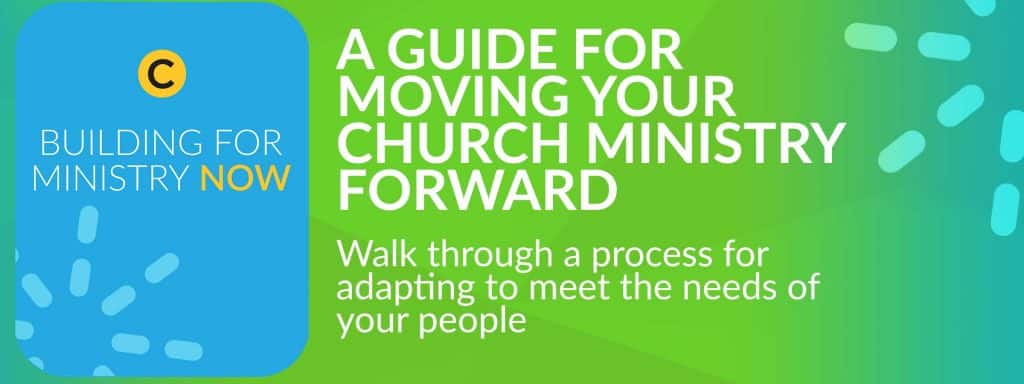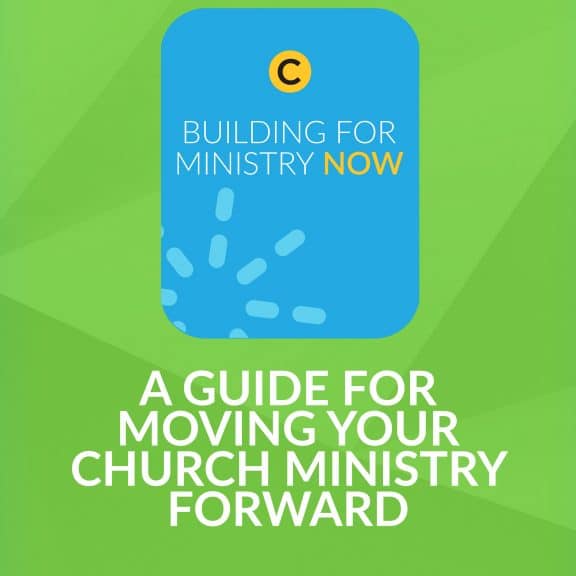Hi, my name is Michelle Anthony. Welcome to Family Ministry Conversations. Today’s topic is How to orient your ministry around special needs.
I actually like to use the words “specialized needs” because the needs in our children and families are ever expanding and ever increasing.
Specialized needs talks about the child who has been recently placed into a foster care situation, a home that has invited them in and volunteered to be mom and dad for a season. Or maybe it’s a foster-adopt opportunity where the parents eventually adopt that child. We have international adoptions, and we have adoptions that are here domestically.
While we might not be educated or understand all those needs, we can offer love, and we offer security while they’re in our care. And we can offer a listening ear with an understanding heart.
We also have specialized needs for children who are in double-parent homes, where they spend half their time with one parent and half with the other. One home may be a Christ-following home, but the other may not be.
Maybe you have an abusive home that the child is in, and then a very loving home in the other times.
We have blended families where children kind of get lost between the cracks.

Being Sensitive to Specialized Needs
I know one child in our congregation who has specialized needs because he’s been diagnosed with schizophrenia, ADHD, and also bipolar. This young boy is only 12 years old, and his special needs were not necessarily something that we are used to dealing with. It isn’t something that we can easily diagnose. In fact, we didn’t even find that out until we spoke with his grandmother, because one weekend he had been off of his medications.
If you think about it, every child has a specialized need. Their homes are unique, their biochemistry is unique to them. Their situations, how they interpret the life around them, and how they understand love and security is unique.
As a ministry to children and families–we are ready, we are willing, and we are loving those who have specialized needs. Whether they’re special needs in the traditional way that we’ve thought about that, or whether these needs are more specialized to the environment that we’re working in.
I encourage you to take the time to speak with your staff, speak with your senior leaders, speak with those who are volunteering to create and cultivate a sensitivity.


Take Steps to Get Equipped
We are about to do a volunteer training at our church to help individuals who work with children to be a little more sensitive. What are the kinds of things that we need to say? What is the language that we need to stay away from?
We have an individual on our staff who has her masters in this area. Maybe you don’t have that, but maybe there’s somebody in your church. Maybe there’s someone in your community who can come and help the people who are working with the children and youth in your church to be a little bit more sensitive.
At our church, we don’t say, “Oh, there’s a special needs child.” We now say, “There’s a child who has special needs,” or, “There’s a child who has some specialized needs.”
And while we might not be educated, or understand all of those needs, we can offer love, and we offer security while they’re in our care. And we can offer a listening ear with an understanding heart.
I encourage you to reach out to the individuals who are educated in these fields, but in the meantime, open your arms wide because we are living in a day when almost every child has some sort of specialized need.










